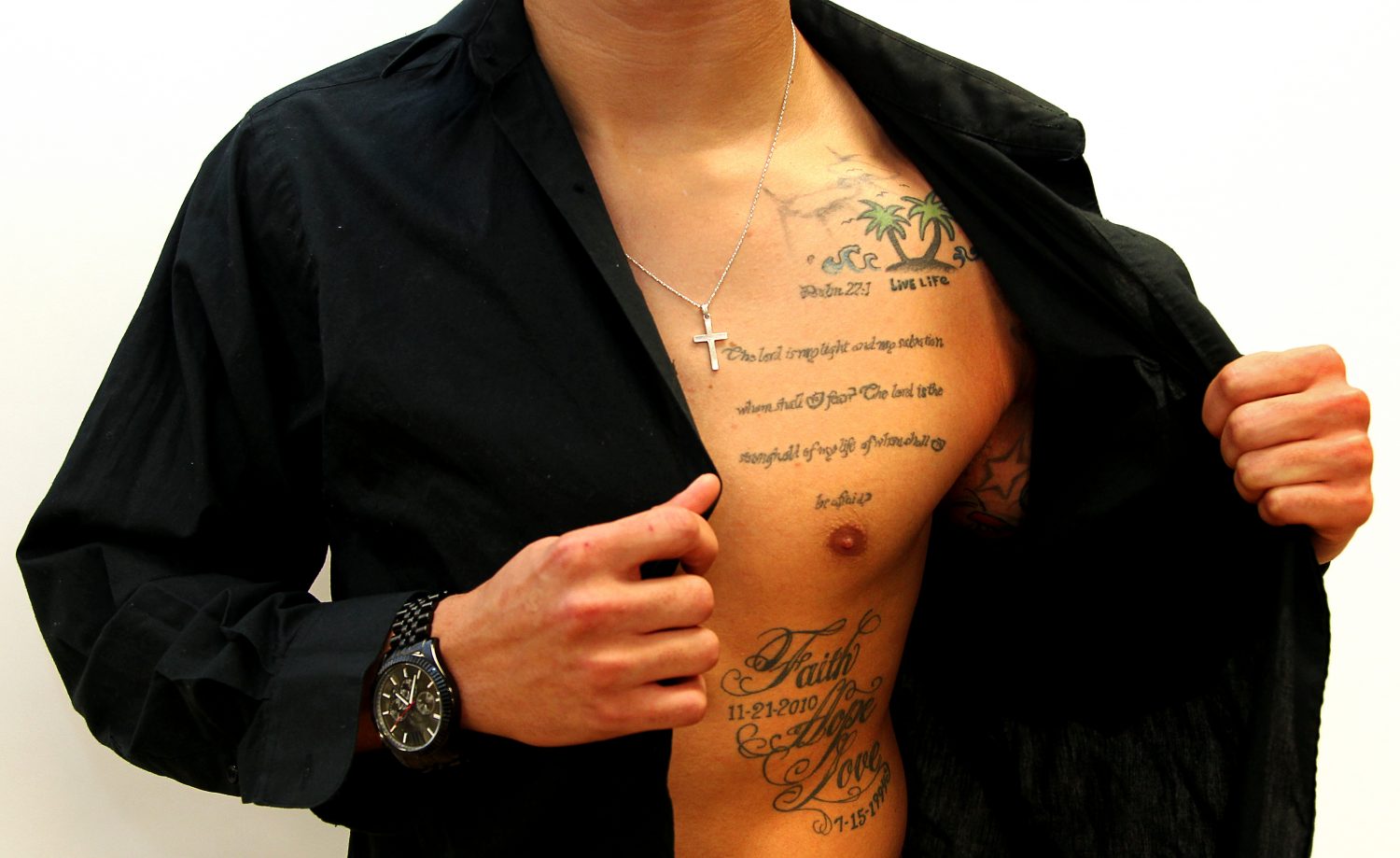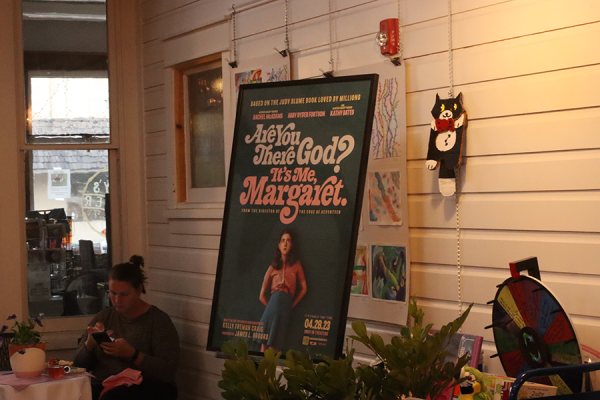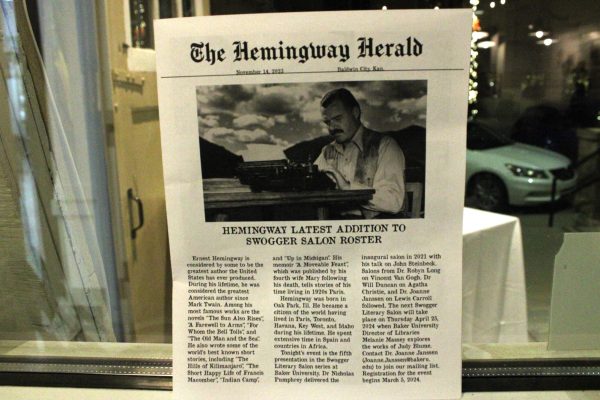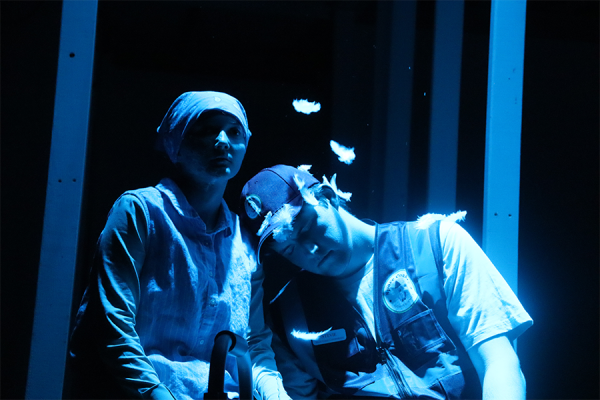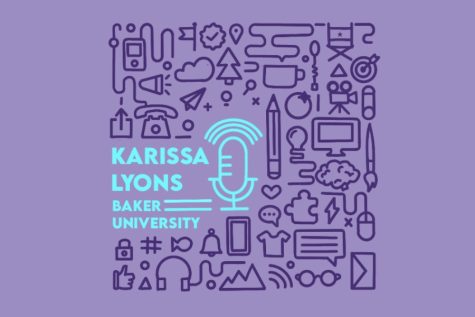Once taboo, tattoos find new life in job sector
Given the age-old nickname “Job Stoppers,” tattoos have been a controversial topic among many young people and their parents since the Irish brought the technique over to the United States. With times changing and cultural norms changing with them, some Baker University students and staff are now viewing tattoos in a much less taboo way.
Director of Career Services Susan Wade primarily works with students on preparing them for internships and careers after Baker. Though she is not a personal fan of tattoos, she acknowledges their growing popularity.
“They’re a part of the culture now,” Wade said. “Some are lovely, but I think they’re just very permanent, painful and expensive.”
Over her years as a college professional, Wade has found that though tattoos used to be unusual in a professional setting, there has been an increase in the number of students getting tattoos before and during school.
“It’s very much the norm now,” Wade said. “In the last seven to 10 years, tattoos have become common-place.”
Though she has yet to have a real problem finding students internships or careers because of tattoos, Wade believes that the stigma connected to tattoos does still exist in some job markets.
“Most conservative employees in fields like education or other positions working with consumers and clients still prefer no tattoos or piercings,” Wade said.
To date, senior Alexa Fryer has never had a problem finding a job because of her tattoos. Many of them are smaller and hidden under normal-wear clothing.
“People never believe me when I tell them how many I have,” Fryer said. “I don’t try to flaunt them, but society is a lot more accepting of them now.”
Fryer has 10 tattoos including a lotus flower, moon, several inspirational sayings and a four-leaf clover that all of the girls in her family have. Fryer got her first tattoo when she was 15.
“It was my 15th birthday present,” Fryer said. “My mom took me. She knew I wanted one and she wanted it to be done right and to be with me when I got it, instead of me rebelling and going on my own.”
All of Fryer’s tattoos have a special meaning to her and she believes she could never pick a favorite. Though she admits that some of them are not her current interests anymore, she does not regret a single one. Each one of her tattoos remind her of a piece of her past.
“They remind us of what we’ve been through and what has made us who we are today,” Fryer said.
Sophomore Kelli Bauman has a total of 14 tattoos, including
a detailed sugarskull on her thigh, a floral arrangement on her hip and a full ship going down her side. Bauman’s experience with tattoos differs from Fryer’s.
“My family doesn’t like tattoos, so they did not know when I first got them, but my friends were very excited,” Bauman said. “My parents no longer talk to me since they’ve found out about them.”
Other than her experience with her family, having tattoos has not caused any problems for Bauman. Her favorite tattoo is a small saying inscribed on her wrist that reads, “Be the Change.”
“It’s my favorite because it speaks a lot about who I am as person,” Bauman said.
Regardless of tattoos being the norm, Wade would still advise that anyone wanting to get permanently inked should take it seriously and think carefully.
“If students want one, I’d recommend they consider what they’ll want in 10 years and put it somewhere it won’t normally be seen at work,” Wade said.
Bauman finds that though she loves tattoos, she understands how they could still cause troubles in the work place.
“As long as you’re careful about where you get them, then tattoos really shouldn’t be a ‘job stopper,’” Bauman said. “I can cover all of my tattoos with a simple longsleeve shirt.”
Wade, Fryer and Bauman all agree that tattoos are becoming more a fashion statement in today’s culture and are no longer the deal-breakers they once were.
“The stigma against tattoos is definitely going away,” Bauman said. “The generation that hates tattoos is dying out.”


